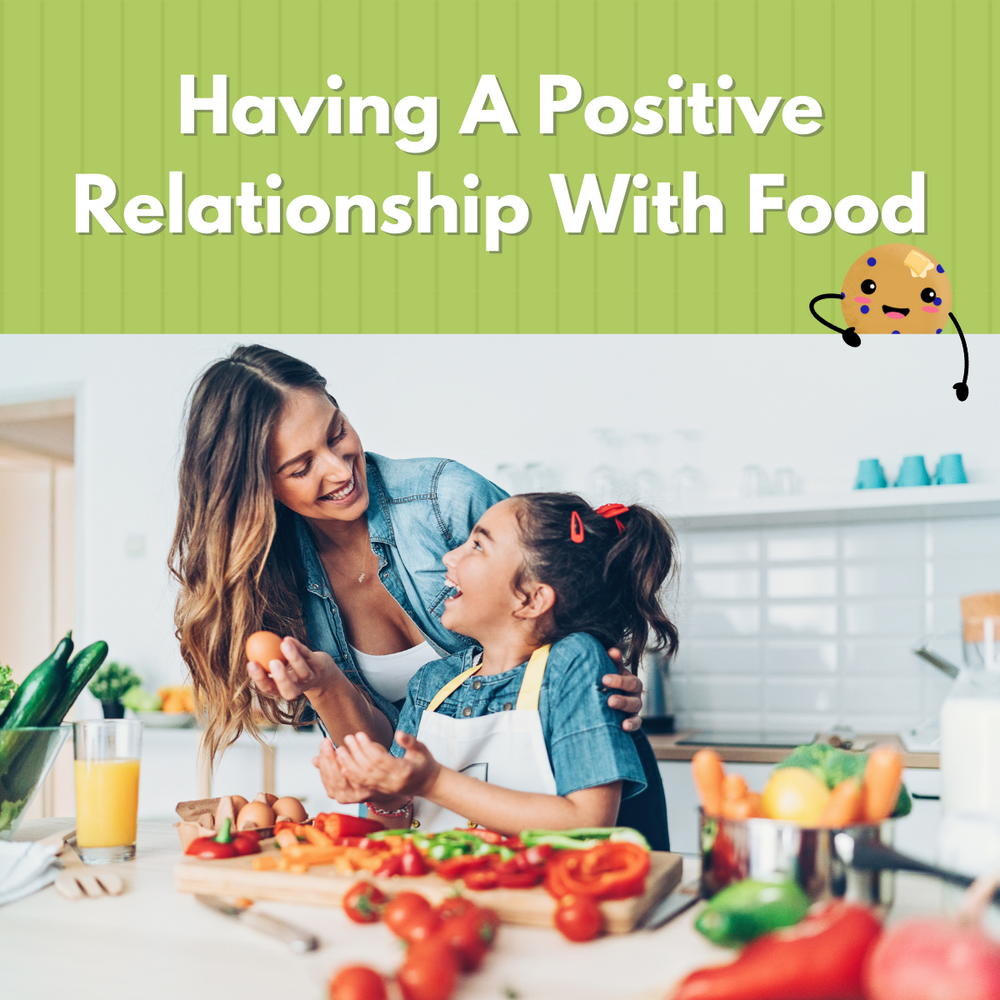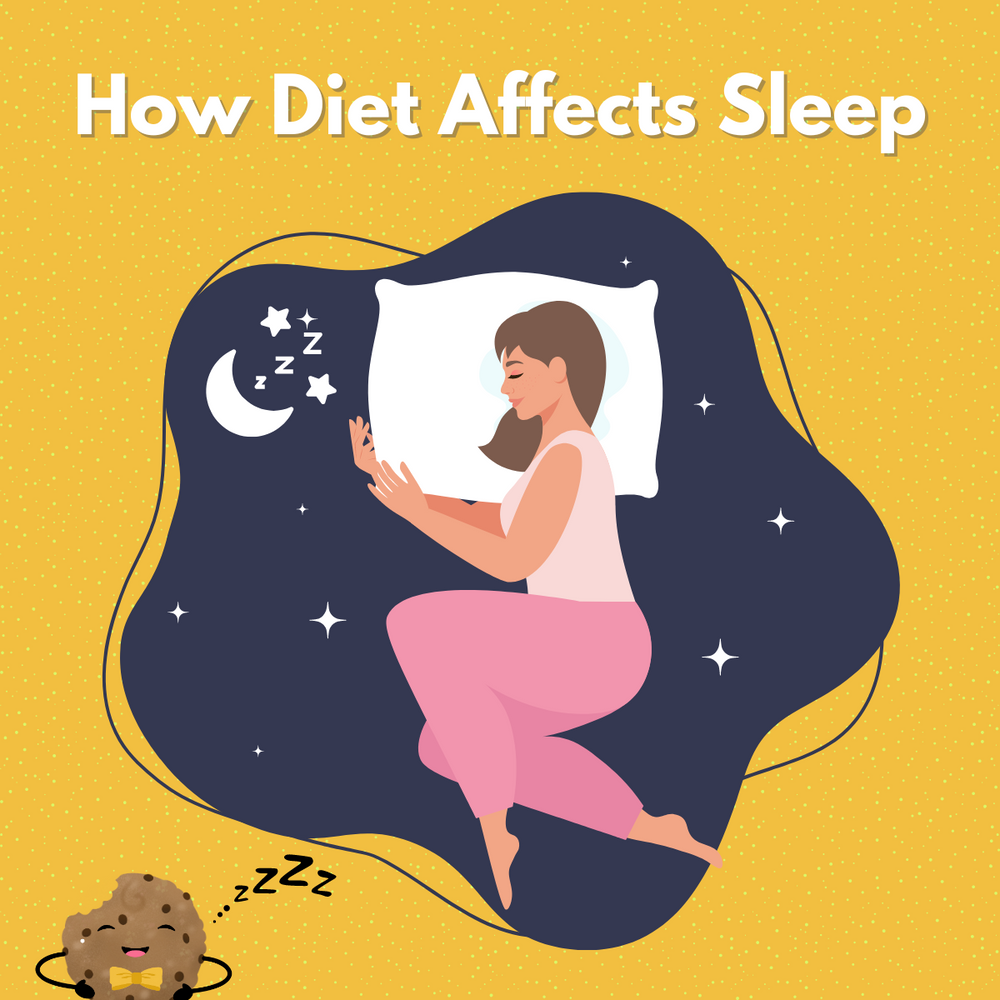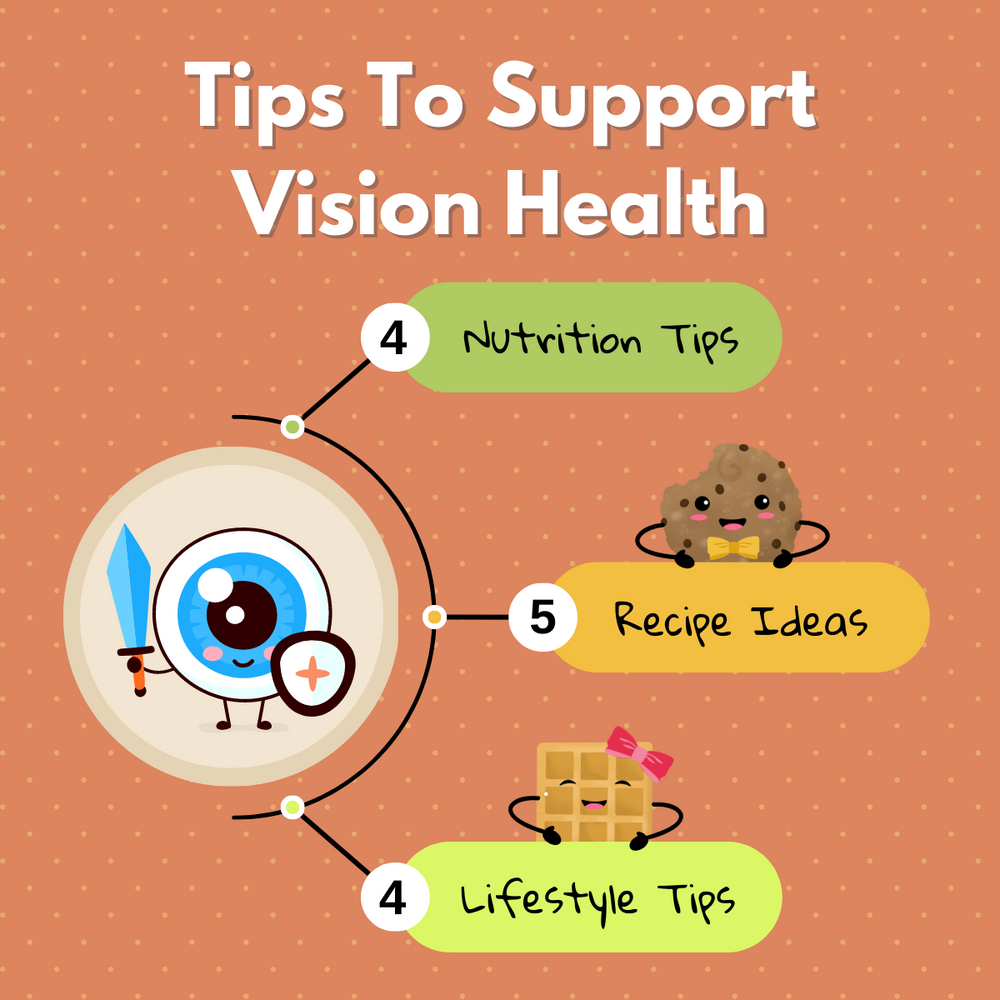Why You Should Ditch Diet Culture and Have a Positive Relationship with Food This Year

Resolve to Ditch Diet Culture and Rekindle your Relationship with Food This Year
What an exciting time it can be to start fresh into a new year! I love setting intentions and goals in January—it feels like a clean slate, and as an achiever (most of us registered dietitians are!), I love the challenge. But sometimes we set goals that are unrealistic and then feel defeated when we don’t reach them. Can anyone relate?
While there is nothing wrong with setting new year’s resolutions or working towards new goals, it is important to think about why you might be setting a particular resolution, and determine if it actually adds value to your life. The diet culture of today often drives individuals to resolve to change their body shape or size in the pursuit of thinness (which is masked as health and wellness). It can feel exhilarating to adopt a new diet or exercise routine especially when the unrealistic results of weight loss are promised.
Unfortunately, this type of commitment to hard, fast and inflexible change is most often short lived (and so are the results). Not only do these types of resolutions ultimately lead to disappointment, it’s the restrictive nature of cutting calories or rigid intense activity that harms you physically and emotionally over time. Instead, let’s take a look at how we can ditch diet culture in your life this year, instead of feeding into it.
Why is diet culture so damaging?
Diet culture is rooted in glorification of weight-loss and appearance-based results. What makes this culture so pervasive is that these societal values are masked by the noble pursuit of health. It is no wonder that fad-dieting, extreme exercise and “clean eating” crazes have taken such a strong hold across many businesses, advertising, social media, and even our health care system. There is a body of research that shows that dieting actually does more harm than good when it comes to our overall health.
In fact, dieting has been associated with weight cycling (losing, then regaining weight, often ending up at a higher weight), unhealthy relationship with food, poor body image, and a higher rate of disordered eating. Knowing this information, it doesn’t make any sense to set goals solely to lose weight. Yet that is what is promoted by the media, wellness businesses, and even health care professionals! It is not a small undertaking to shift away from these external influences and commit to finding peace with food and your body. Let’s take a moment to reflect on where you are at:
Dive deeper into your relationship with food
We are born intuitive eaters, responding to internal hunger and fullness cues without the encumberment of external “food rules” or diet programs. As we grow up surrounded by weight-centric messaging and judgmental language around food, our attunement to internal body signals becomes clouded. Eating may no longer be a source of pleasure or satisfaction, but transforms into a source of anxiety and guilt. This unnatural preoccupation with food is exhausting and robs you of valuable time and experiences. The anxiety and fear around gaining weight or eating the “wrong thing” is mentally and physically draining. Thoughts like “I shouldn’t be hungry again, I just ate.” Or “I have to cut out chocolate, I can’t seem to stop eating after I start.” are consequences of a damaged relationship with food caused by the pervasive the diet culture described above.
If this sounds at all familiar to thoughts or feelings you have around food and eating, it may be a great time to consider reflecting on your relationship with food and eating.
- Do you recognize and honor your hunger?
- Do you recognize and honor your fullness?
- Do you take pleasure in eating?
- Do you move your body to feel good?
If you answer yes to any of these questions, that is absolutely wonderful! Please continue to listen to and respect your body. Here are some other questions to ask yourself:
- Do you label yourself as having a lack of will power after eating dessert or another more indulgent food?
- Do you avoid certain foods or become overly hungry on a regular basis?
- Do you struggle with feelings of being “out of control” around certain “forbidden foods”?
- Do you exercise to change your body?
If the answer is yes to any of the above four questions, it could be a good time to start rekindling your relationship with food.
How will rekindling your relationship with food benefit you and the ones you love?
Regaining the skill of intuitive eating and making peace with food will not only benefit your health and wellbeing, because you are also a role model to the people in your life (this is especially true if you have kids!). People look up to you whether it is colleagues at work, close friends and family, or children at home. The words you choose speak and the actions you take day-to-day, impact those around you whether intentional or not.
Do you want to be a source of empowerment and compassion to yourself and others? That is what you can be when you decide to take steps to improve the food narrative in your life. The most powerful influence we have (other than on ourselves) is on the young people in our lives. Kids are little sponges that internalize extraordinary amounts of information that help to form who they are, how they think and make decisions as they grow. You can start to guess how food labeling, diet language, body comments, and judgment around how much or what they eat, could have an astronomical impact on them.
In fact, their relationship with food and body confidence highly depends on the influences of adults in their life. If you are a parent or have a little one in your life, leaning into healing your relationship with food is actually a beautiful gift to not only yourself, but others around you. If you feel you would like some individual help in this area please do not hesitate to reach out to an intuitive-eating focused dietitian for support. The book Intuitive Eating, written by Dietitians Evelyn Tribole and Elyse Resch is another amazing place to start.
Set a realistic goal this year, and skip the diet trap
Instead of setting a goal to change your body, let’s set a goal this year that will nourish and heal your body. The most sustainable method is to start with one simple change that feels right for you, and then layer on more as you build confidence and readiness! Here are a few examples to get you started:
- Set a goal around gentle exercise. Gentle exercise does not mean that it has to be less intense (although it can mean that!). It simply means that the movement you choose to do is free from stipulations of weight loss or burning calories from food eaten. Add movement in your day (or week) that brings you joy and helps your body feel good. This is one way to respect your body, and strengthen yourself physically and mentally.
- Set a goal to learn about food neutrality (especially if you have kids). Instead of labeling foods as “unhealthy” or “healthy” try simply calling food by its name. Take the morality out of food and notice how it makes you feel. Read more about food neutrality here.
- Get rid of the scale, and stop weighing yourself. Your body weight is purely an external measure, that fails to communicate anything about your actual health. In fact, seeing the number on the scale can do a lot of damage if you hold beliefs about what your ideal body weight should be based on unrealistic societal standards.




